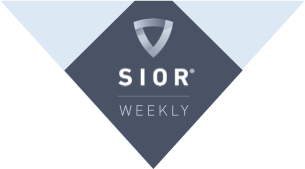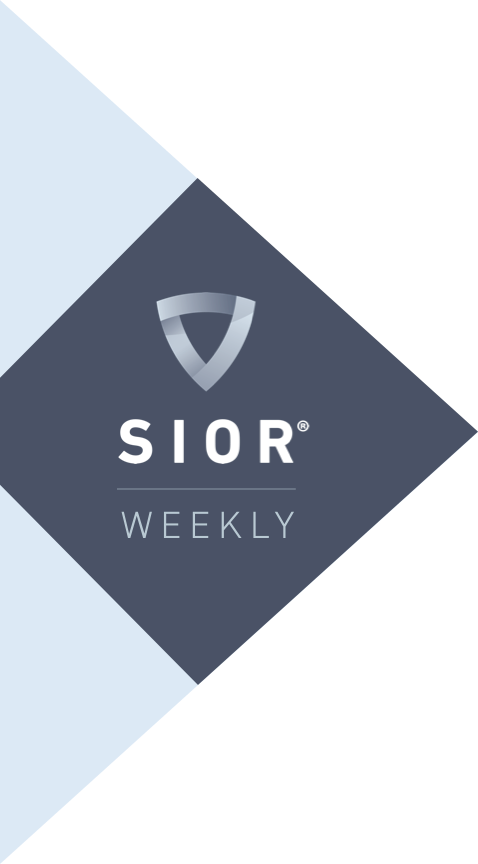SIOR’s Tech Committee scans the market for products that will improve members’ ability to support clients’ profitability. This may now require a change of approach and a review of which business services we provide that are profitable now, but may not be in the future. Looking further out, this will also mean that some roles will disappear.
The Royal Institution of Chartered Surveyors recently produced a report that identified that 88% of a property adviser’s core tasks are ripe for automation - to a greater or lesser degree. In addition to cutting costs (or the transfer of spend from opex to capex), technology is also a “culture-free” zone in its widest sense. So what will make your business look different to the competition?
Low cost is one route – in London, the average price of a residential property is £615,600 according to Rightmove (www.rightmove.co.uk), a web-based listing service. A home is most people’s principal asset. Yet property sellers are using a fixed priced web-based broker service (www.purplebricks.co.uk) to sell their house for a fixed fee of £1199 as opposed to the market fee of around 1% of sale price - a difference of roughly £5000. Even if you are not a residential broker, most people reading this are likely to feel that they could add more than £5,000 of value to any sale.
Ease of use is another – IWG, the serviced office provider formerly known as Regus, has been providing a global workplace since 1989. WeWork has also entered the serviced office market acquiring over 2 million sq ft in London alone since 2012. Both work on a short; easy to understand agreements as opposed to the 40,50 or 60 page “standard” UK property lease…if indeed there is such a thing.
The irony of both examples above is that they rely heavily on uniformity, something at which technology excels.
Given that technology is essential, what can the broker add to make a difference? Theodore Levitt’s “Marketing Myopia” – a study of the rise and fall of the US railroads – is just as insightful into the effects of complacency and what clients need and want as when it was published in 1960. One approach is to revisit the question “What am I in business to do?”
What will success look like? - there will be many routes to making money in the future. Apart from being a digital nerd supporting a data-driven decision maker, it is likely to be around being more “human” – dealing with complexity; advising on areas of real estate outside of pure brokerage; being the client’s “informed guide” through the real estate landscape; but above all engaging with people.
“No Contact, no Contract” has never been more pertinent.






